10 Movies That Define The Evolution Of Superhero Movies
These are the superhero movies that influenced not only the comic book movie genre but also cinematic history itself.
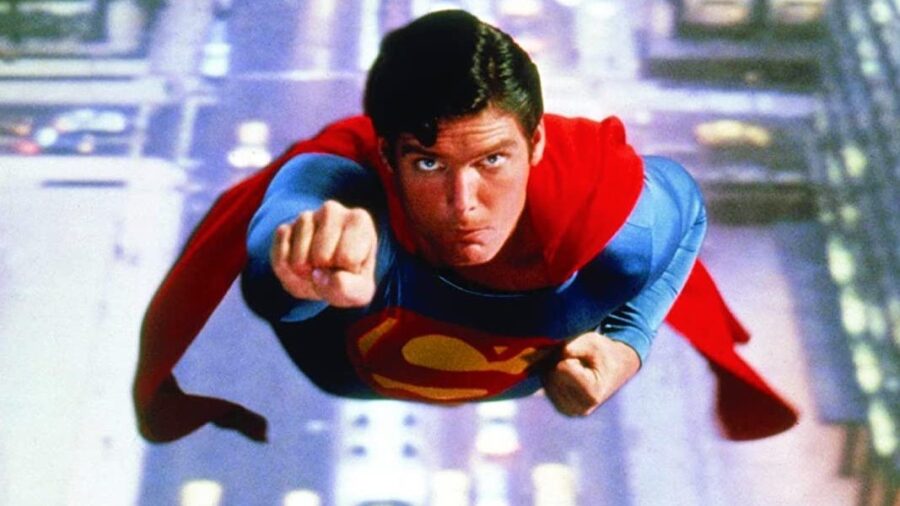
In the last 20 years, superhero movies have gone from being genre flicks watched by a select audience of people, to being Hollywood tentpoles partially responsible for keeping the theatrical experience alive. While there are almost too many superhero movies to count, these 10 films are the most iconic. These are the films that define the evolution of superhero movies, that have impacted the genre the most, and that have gone down in cinematic history, not just as blockbuster hits, but as classic movies in their own rights.
10. Wonder Woman (2017)
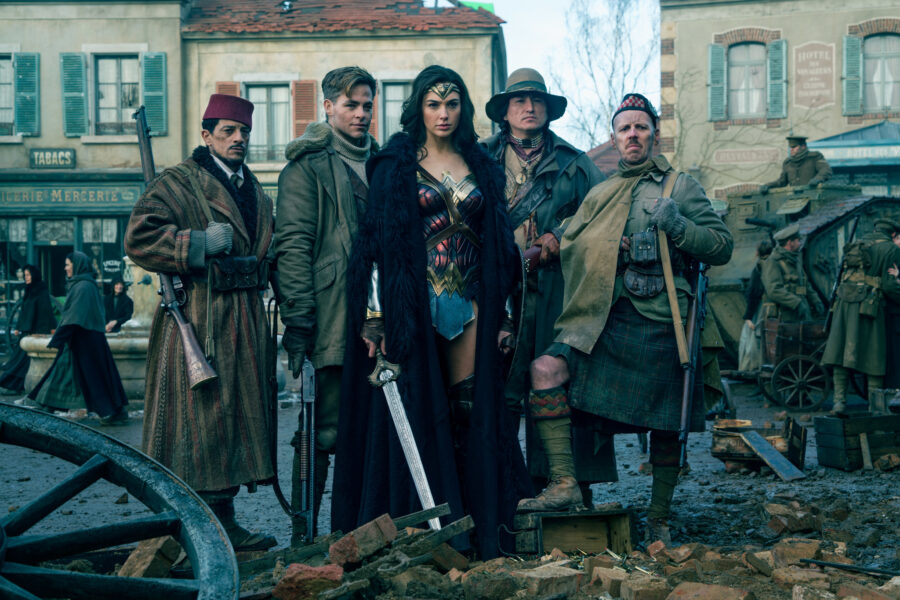
Wonder Woman, directed by Patty Jenkins and starring Gal Gadot, was the first woman-led comic book film in the modern era of superhero movies. Wonder Woman showcased the titular character’s origin story, detailing how she left her Amazonian sisters in order to help fight in World War I and how she discovered more about herself, her powers, and her true destiny along the way.
The movie featured a powerful and independent female superhero as the main protagonist, breaking the longstanding notion that male superheroes were the only ones capable of carrying a successful superhero film. The success of Wonder Woman proved that female superheroes could be just as compelling and commercially viable, opening the doors for more diverse representation in the genre.
9. Logan (2017)
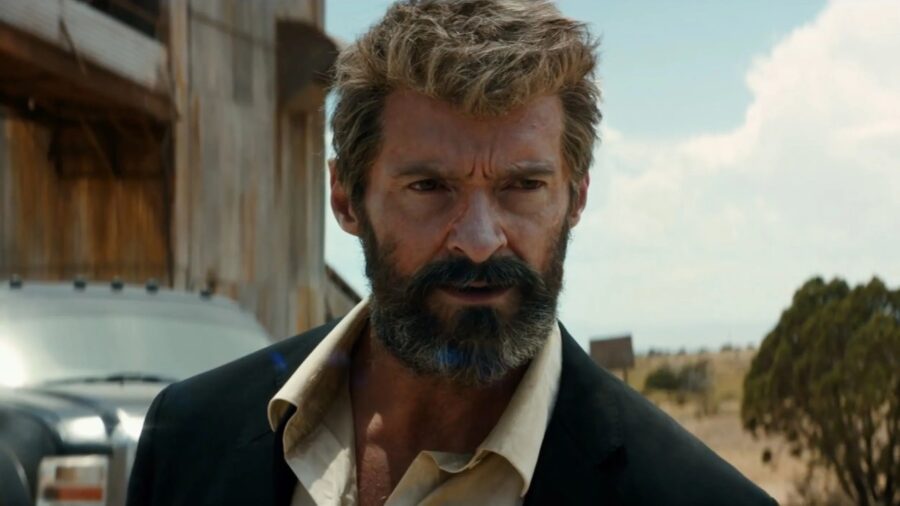
Over the decades that superhero movies have been theatrical tent poles, most films have followed the same formula, featuring a strong and capable hero who grapples with his purpose to protect the inhabitants of Earth (or the galaxy in the case of Guardians of the Galaxy). However, very few films have ever come as close to exploring a superhero within the scope of reality the way that Logan did. Following Hugh Jackman’s Wolverine in a futuristic world where mutants are close to extinction, Logan grapples with the idea of his own mortality while attempting to save one of the last mutant children.
The only X-Men movie to be rated R, Logan was much darker and grittier than the other films. It also blended genres by not only featuring aspects of a superhero movie but pulling inspiration from Westerns as well, emphasizing themes of redemption, frontier justice, and the exploration of vast landscapes. This genre hybridity added depth and richness to the storytelling, pushing the boundaries of what superhero movies could be and appealing to a broader audience.
8. The Avengers (2012)
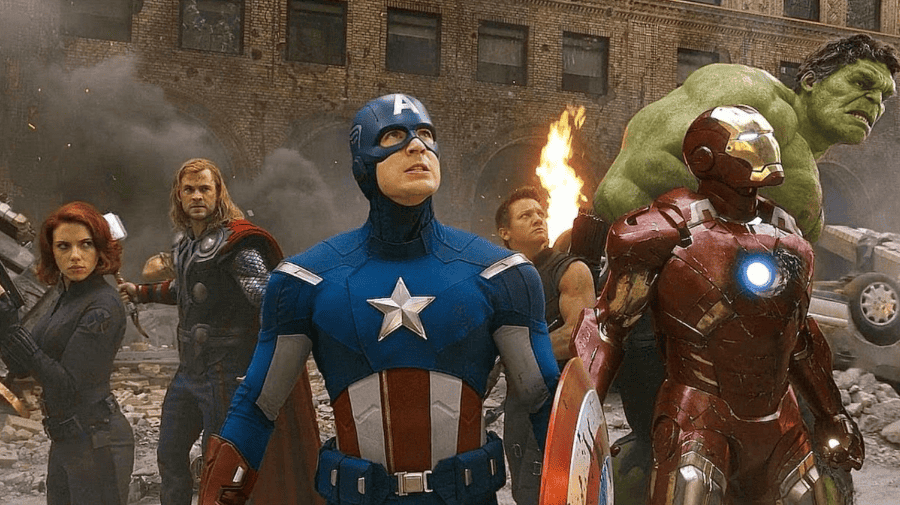
The Avengers marked a significant milestone for the MCU as it was the first film to bring together a band of superheroes that had previously been introduced in their own movies. When Loki (Tom Hiddleston) arrives on Earth with the intention of enslaving humanity, Iron Man (Robert Downey Jr.), Thor (Chris Hemsworth), Captain America (Chris Evans), Hawkeye (Jeremy Renner), Black Widow (Scarlett Johansson), and Hulk (Mark Ruffalo) must unite together to save the world.
After four years of careful planning and releasing individual superhero features, The Avengers showed audiences what the eclectic collection of heroes looked like as one team. It was an iconic moment in movie history, and the major blockbuster success of the film set the course for the future of the franchise.
7. The Dark Knight (2008)
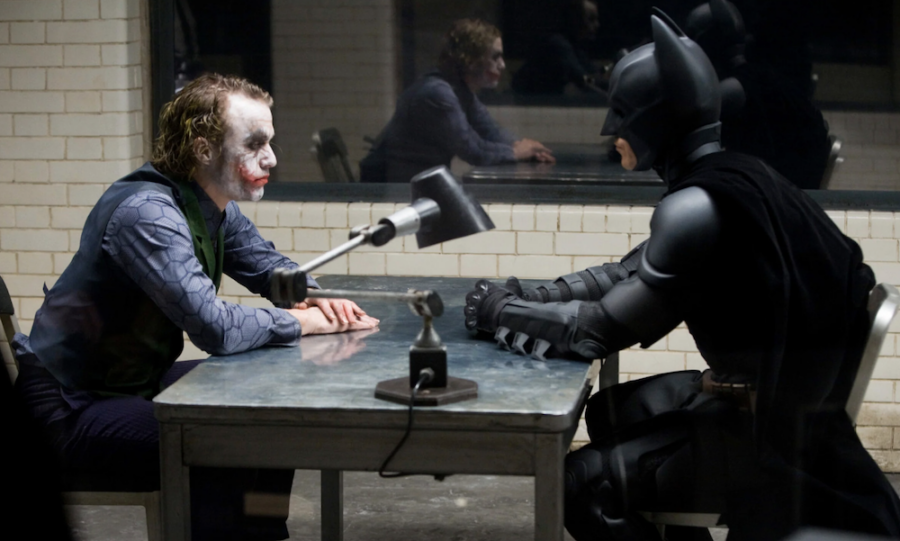
While Logan may have been groundbreaking in the way that it dealt with mortality within a superhero movie, it wasn’t the first film to have a darker and more realistic tone. The Dark Knight broke away from the bright, lighthearted, and slightly whimsical palette that superhero movies are known for (i.e. the colorful Adam West Batman series from the 60s) and brought a gritty superhero world to the silver screen.
By delving into themes of corruption, morality, and the grey lines between heroism and villainy, The Dark Knight demonstrated that superhero movies could tackle complex and mature subject matter, appealing to wider and more mature audiences.
6. X-Men (2000)
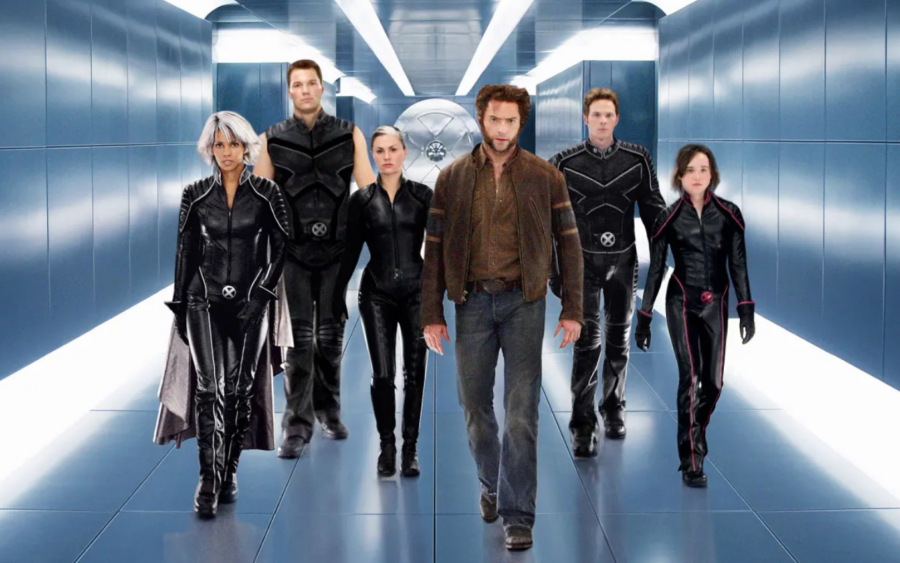
Although it wasn’t as dark as The Dark Knight, X-Men paved the way for Christopher Nolan’s Batman movies by being one of the first superhero movies to depart from the lighthearted and campy tones people expected to adorn superhero movies. X-Men is also another excellent example of a film that showed that superhero movies could have realistic themes that were relatable to its audience, as it tackled topics of discrimination, identity, and societal acceptance, using mutants as metaphors for marginalized groups. Additionally, X-Men showed that an ensemble cast of characters, all with their own arcs, unique abilities, and personal struggles could work in a superhero feature, paving the way for other superhero ensemble films like the Avengers movies, which would be released a few years later.
5. Spider-Man (2002)
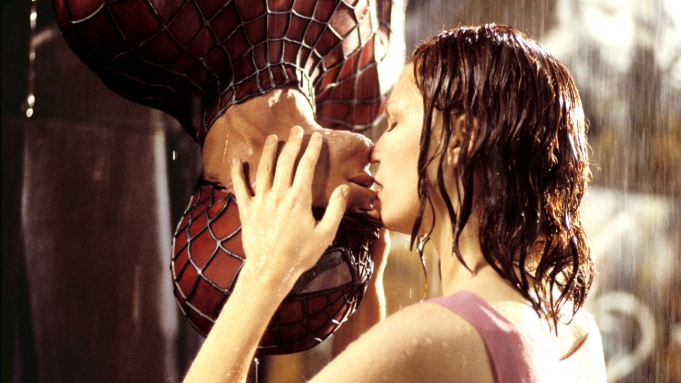
Spider-Man, directed by Sam Raimi and starring Tobey Maguire and Kirsten Dunst, marked the beginning of the modern era of superhero movies, catapulting the genre into the mainstream. The film’s commercial success and widespread popularity demonstrated the immense audience appeal of superhero stories. It paved the way for subsequent superhero films to receive larger budgets, greater marketing efforts, and wider theatrical releases.
Although it’s not the most popular Spider-Man franchise, without Maguire’s Spidey, it’s unlikely that the MCU would have been able to reach the incredible height of success that the franchise has achieved. It’s because of the OG superhero films like this one that the Marvel Cinematic Universe could ever even attempt the colossal franchise it has developed.
4. Batman (1989)
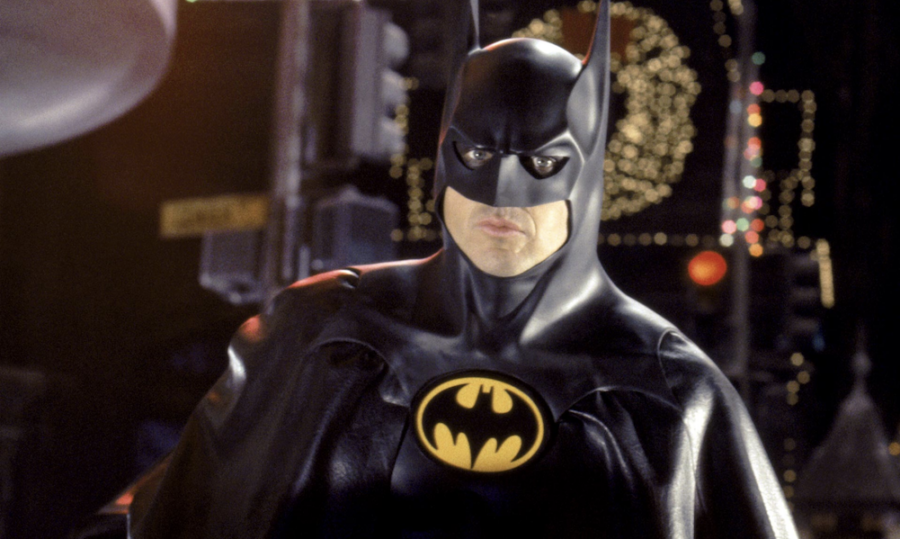
When modern audiences think of Batman, they typically don’t think of suave Adam West and Burt Ward’s goofy portrayal of his sidekick Robin. Instead, the most likely first image is of a broody, darker superhero obsessed with his parents’ deaths and the theme of redemption. A lot of that has to do with Tim Burton’s Batman in 1989.
Although Michael Keaton didn’t come close to as dark and broody as Christian Bale’s vigilante, and Burton’s gothic style was less eerie than the most recent Matt Reeves production starring Robert Pattinson, Burton’s Batman marked the first milestone needed to seamlessly bridge the kooky Batman from the past with the grim Batman of the future.
3. Black Panther (2018)
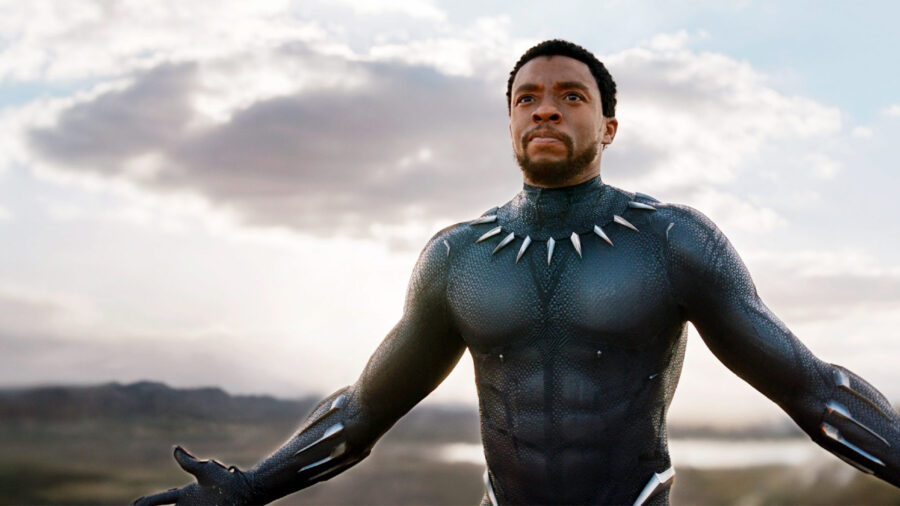
Black Panther was groundbreaking in a myriad of ways including featuring a predominantly Black cast and showcasing African culture and traditions. The film celebrated and embraced diversity, offering a refreshing and inclusive perspective within the superhero genre. It highlighted the importance of representation in mainstream media and demonstrated the immense appetite for diverse stories and characters.
The film also incorporated social and political commentary, addressing issues such as colonialism, identity, and empowerment. Black Panther explored themes of cultural heritage, responsibility, and the complexities of power. By tackling relevant social issues, Black Panther demonstrated that superhero movies could be vehicles for thought-provoking and socially conscious storytelling.
2. Iron Man (2008)
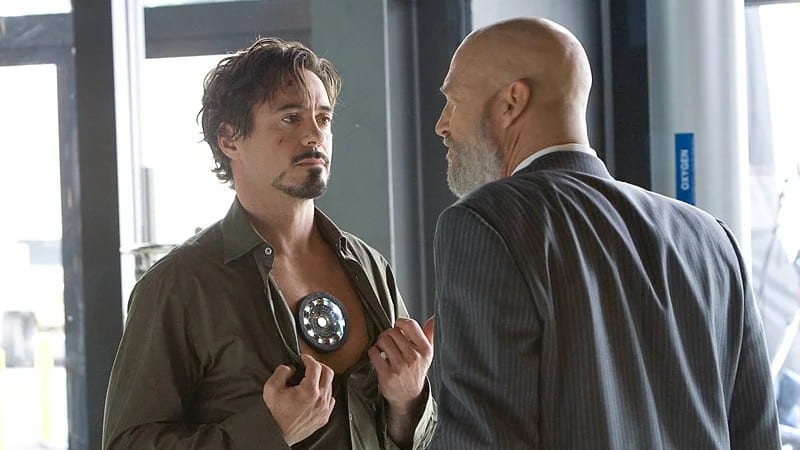
As the very first film released in the lineup of MCU superhero movies, the entire franchise was dependent on the success of Iron Man. If the film didn’t do well, it would have been back to the drawing board for Marvel and the Marvel Cinematic Universe could have evolved to be very different from the movies we see today (or God forbid, it could have ended up like DC’s first attempt at the DCEU).
Luckily, Robert Downey Jr. is an absolute legend and Marvel made the right choice by hedging every bet they had on him. Iron Man was an incredible success mainly due to Downey Jr.’s iconic performance and the script by Mark Fergus, Hawk Ostby, and Art Marcum, which showcased a blend of action, humor, and character development. The film demonstrated that superhero movies could be both thrilling and entertaining while allowing for deep character exploration and growth.
1. Superman: The Movie (1978)

Would superhero films be the current foundation of Hollywood tentpoles if not for Superman: The Movie, released decades before the MCU was even a dream in the back of Kevin Feige’s mind? Maybe. But one thing is for sure: Christopher Reeve’s portrayal of Superman in 1978 is nothing short of iconic, and it absolutely paved the way for every single film on this list.
Superman: The Movie showcased superhero movies on an epic scale, bringing the beloved Kryptonian to life with groundbreaking visual effects for its time. The film utilized innovative techniques to depict Superman’s flying and superhuman abilities, creating a sense of wonder and spectacle. Its impressive visual effects set a new standard for the portrayal of superpowers in cinema and influenced subsequent superhero films.
Additionally, Superman: The Movie showcased deep respect for the source material, staying true to Superman’s comic book persona, origin, and mythology. Reeve’s portrayal of the character, along with the deep emotional depth written into his arc and the iconic visual storytelling helmed by director Richard Donner all led to Superman: The Movie’s success, which became highly influential for all superhero movies that would someday follow the path this film paved.












